Are you curious about Appium and the benefits it can bring to your development team?
Read on to learn more about why Appium is an essential skill to have in your toolkit!
Table of Contents
Learning Appium Online: A Student’s Guide
What is Appium?
Appium is an open-source mobile application testing platform used for the automated testing of native, hybrid, and mobile web applications on both Android and iOS operating systems.
Appium is cross-platform, meaning it can be used to test apps on both Android and iOS devices without having to write separate test scripts for each platform.
Appium is based on the Selenium browser automation tool, which allows developers to write code to control web browsers (see our selection of selenium webdriver courses). Appium similarly allows developers to write code to control native mobile apps.
Appium is also able to simulate user input, such as swipes, taps, and other gestures, on the device’s UI.
Appium has many advantages, including its ease of use, cross-platform support, and support for various languages including Java, Python, and Ruby.
Appium also allows developers to use their existing web development skills to create automated tests for mobile apps, making it a popular choice for development teams.
In addition to automated testing, Appium can also be used for manual testing by providing access to the device’s UI.
This allows developers to interact with the app in real time, allowing for more detailed and accurate testing.
Appium is a powerful and versatile tool for mobile application testing, and it has become a popular choice for many development teams.
With its ease of use and extensive support, Appium is well-suited for any mobile application testing needs.
Appium Benefits and Limitations
Appium is gaining increasing popularity among testers, developers, and test automation engineers as it provides a great amount of flexibility and scalability for mobile test automation.
Benefits of Appium
- Cross-Platform: Appium allows testers to write tests for both Android and iOS using the same API. This means that test scripts written for a particular platform can be reused for the other without having to rewrite the code.
- Open Source: Appium is an open-source tool, which makes it freely available to anyone who wishes to use it. This also encourages more developers to contribute to its development, which keeps the tool up to date and adds more features.
- Ease of Use: Appium is easy to set up and use, even for beginners. Its user-friendly and intuitive interface makes it easy to write test scripts and execute them.
Limitations of Appium
- Limited Support for Some Features: Appium does not support some features such as gesture recognition and visual testing. This limits its use for certain applications that require these features for testing.
- Limited Support for Image Recognition: Appium does not have native support for image recognition. This makes it difficult to test applications that contain images or videos.
- Difficulty Debugging Scripts: Debugging scripts written in Appium can be difficult, as it does not provide adequate support for debugging. This can create problems when trying to troubleshoot any issues that may arise while running tests.
Appium learning resources
For those who are just starting out with Appium, there are a number of learning resources available to help you get up to speed.
For an introduction to the basics of Appium and mobile automation testing, there are various online tutorials and courses.
- The Appium website offers a comprehensive Appium tutorial, which provides step-by-step instructions on setting up Appium, writing and running tests, and troubleshooting common issues.
- The Appium GitHub repository also provides a wealth of resources for those looking to dive deeper into Appium. The repository contains the Appium source code, example projects, and public issues. It is also a great place to find helpful Appium examples and discover solutions to common Appium issues.
- The Appium community also consists of a number of helpful resources. The Appium slack channel is a great place to ask questions, share your experiences, and get help from other Appium users. Appium also has an active blog, which regularly publishes articles on topics ranging from how to write Appium scripts to tips for improving test automation.
- APPIUM Tutorial for Android & iOS Mobile Apps Testing – Guru99
- Appium tutorial for beginners by Edureka on Youtube
- Step by Step Appium Tutorial for Beginners [updated] by automation testing hub
- Appium Training Online Certification Course – QTPselenium
- Appium Pro Workshops
- Advanced Appium training by Linkedin learning
Overall, there are a number of learning resources available to help you get started with Appium. Whether you are just beginning your journey or looking to advance your Appium knowledge, these resources can help you become an Appium expert.
Frequently Asked Questions
Is Appium easy to learn?
Yes, Appium is relatively easy to learn. It is an open source mobile automation framework that can be used to automate both Android and iOS apps. Appium has a steep learning curve if you are new to mobile automation, but once you understand the basic concepts, it is relatively straightforward to learn. Additionally, Appium has a lot of helpful documentation and an active online community willing to answer your questions.
Is Appium similar to Selenium?
Yes, Appium is similar to Selenium in that both are open-source test automation frameworks that are used to automate tests of mobile and web apps. They both use the same scripting languages and apply the same object identification techniques. The main difference between Appium and Selenium is that Appium is specifically designed to test mobile apps, while Selenium is more suitable for web apps. Appium also supports a wider range of mobile platforms and device types than Selenium.
What is Appium is used for?
Appium is used for automating native, hybrid, and mobile web applications. It is used to simulate user interactions on mobile platforms and to perform functional tests in real time, allowing developers to quickly test and deploy their applications in a variety of different environments. Appium provides a simple and powerful way for developers to create automated tests for their applications, allowing them to quickly make changes to their applications and check that their changes work as expected without having to go through the manual testing process.
Does Appium require coding?
Appium does not require coding to use, but it can be used with coding languages such as Java, Python, Ruby, and JavaScript. It is an open-source tool for automating native, mobile web, and hybrid applications on iOS and Android platforms. Appium allows users to write tests in any language that has a Selenium client library, such as Java, Objective-C, JavaScript with Node.js, PHP, Ruby, Python, C#, and Clojure. Appium also supports a variety of frameworks, including Appium, Calabash, Robotium, Espresso, and many others.
Conclusion
Due to the rising demand for Appium-based automation testing and the increasing number of online learning resources available, it is now easier than ever for individuals and teams to become proficient in Appium online.
Through a combination of online tutorials, user forums, and learning platforms, users can learn Appium quickly and efficiently.
Furthermore, Appium can be used to easily test mobile applications for a variety of platforms, making it a valuable tool for automation testers.
With the right resources, Appium testers can become experts in the field, ensuring the quality of future mobile applications.

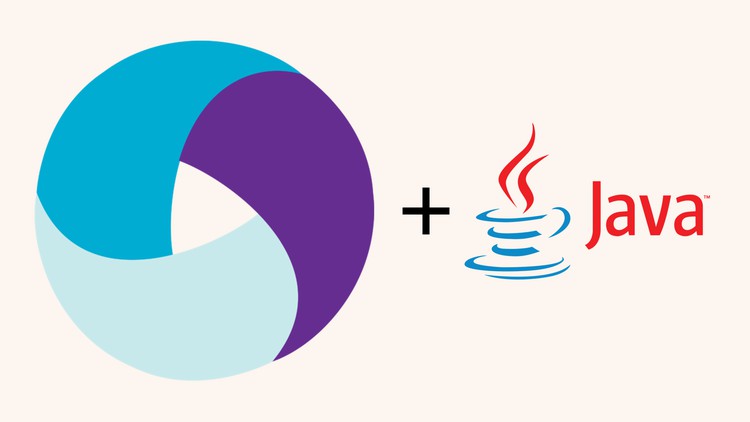
 Online course by
Omprakash Chavan
Online course by
Omprakash Chavan
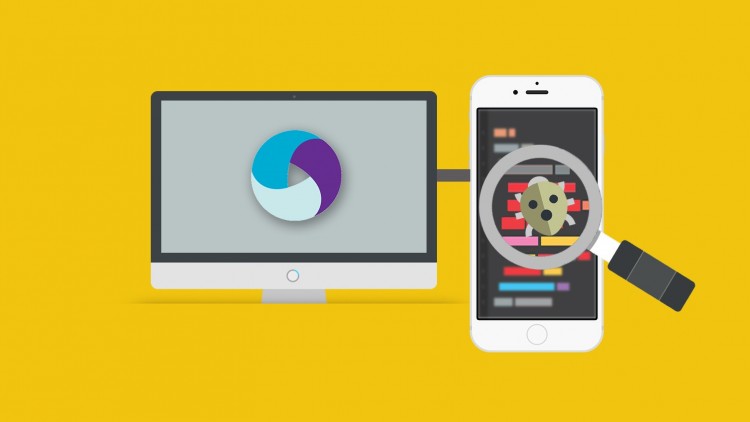
 Online course by
Rahul Shetty
Online course by
Rahul Shetty

 Online course by
Rahul Arora
Online course by
Rahul Arora
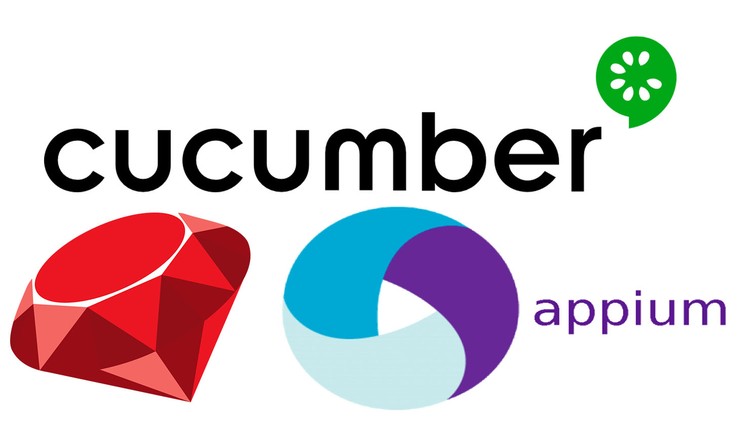
 Online course by
Alex Petrovski
Online course by
Alex Petrovski
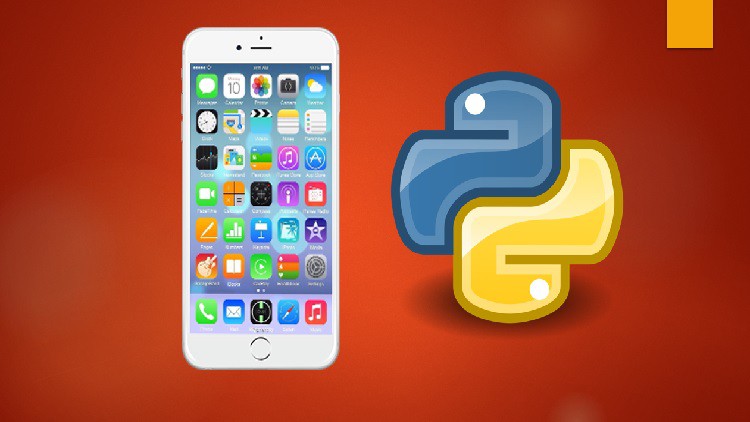
 Online course by
Rahul Arora
Online course by
Rahul Arora
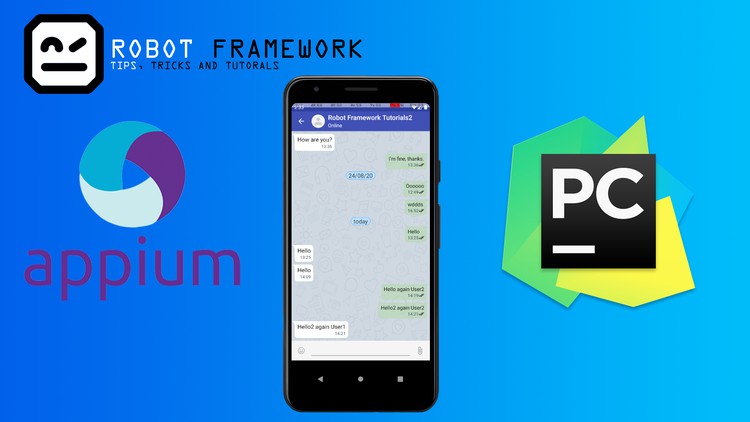
 Online course by
Liviu Avram
Online course by
Liviu Avram
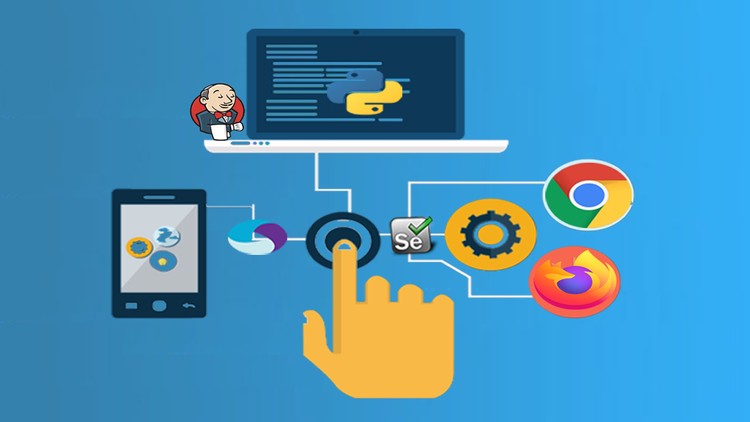
 Online course by
Sujith Reddy
Online course by
Sujith Reddy
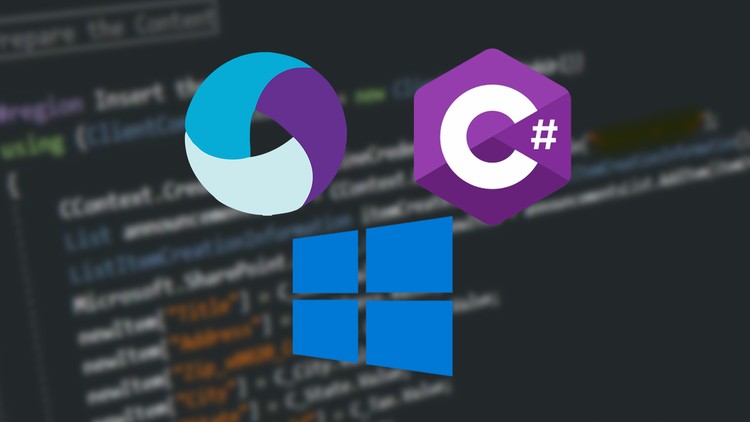
 Online course by
Naeem Akram
Online course by
Naeem Akram

 Online course by
Lucky Trainings
Online course by
Lucky Trainings
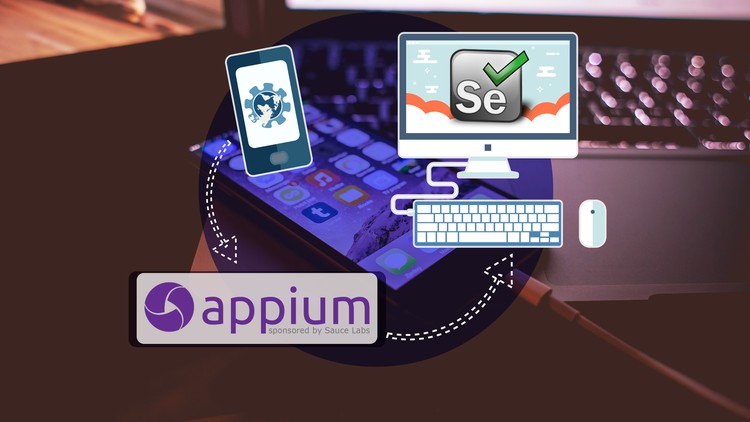
 Online course by
Vaibhav Singhal
Online course by
Vaibhav Singhal

 Online course by
Krishna Sakinala
Online course by
Krishna Sakinala



